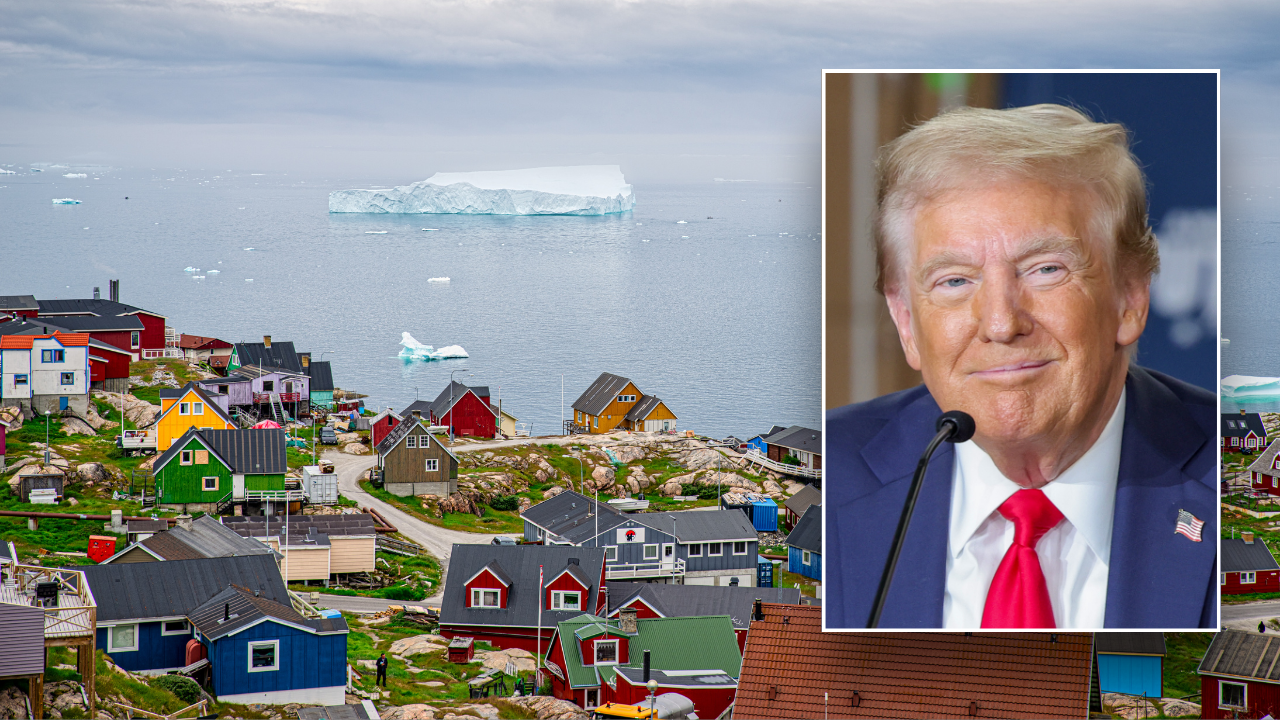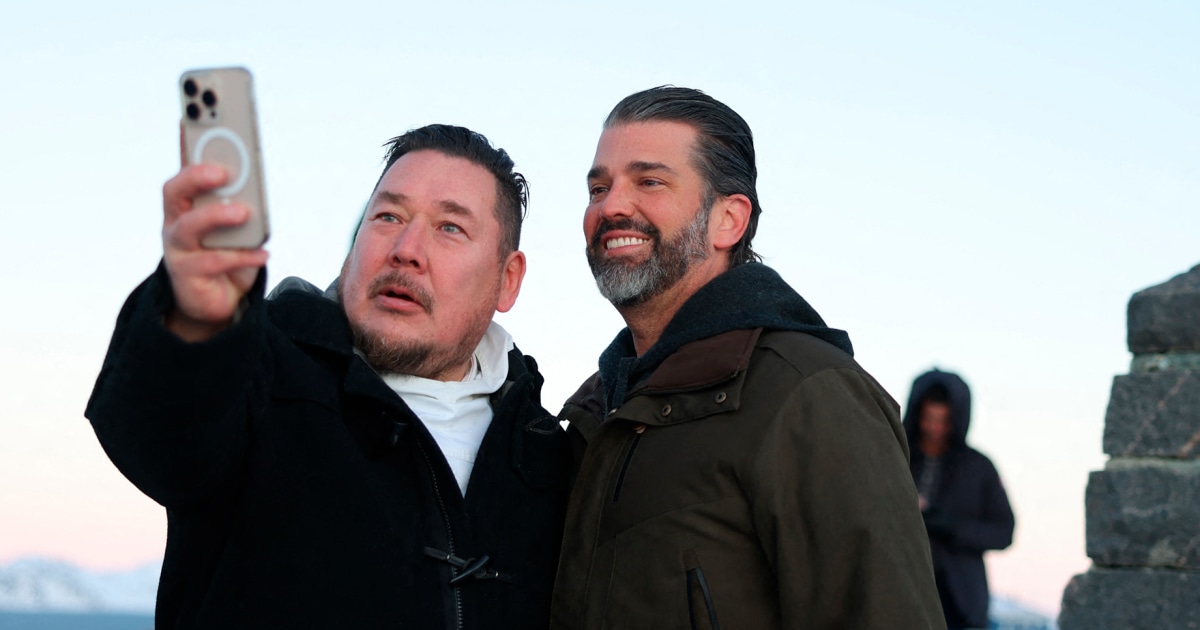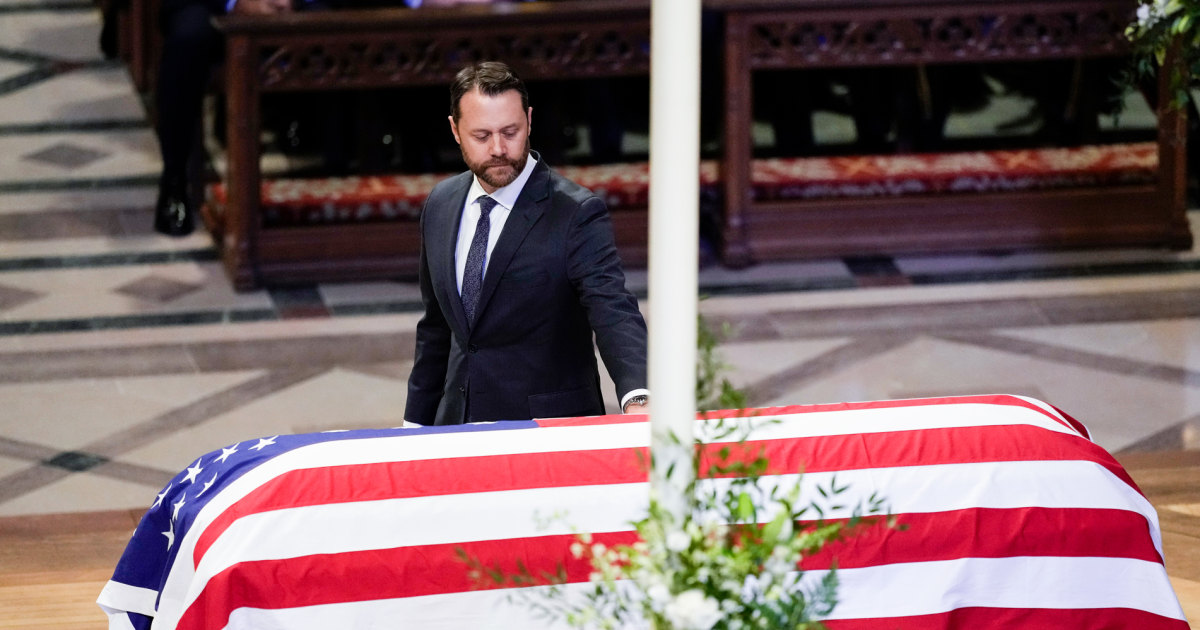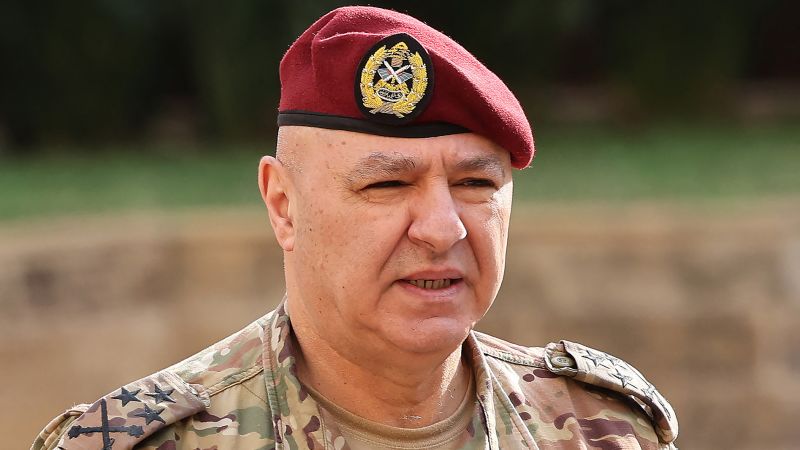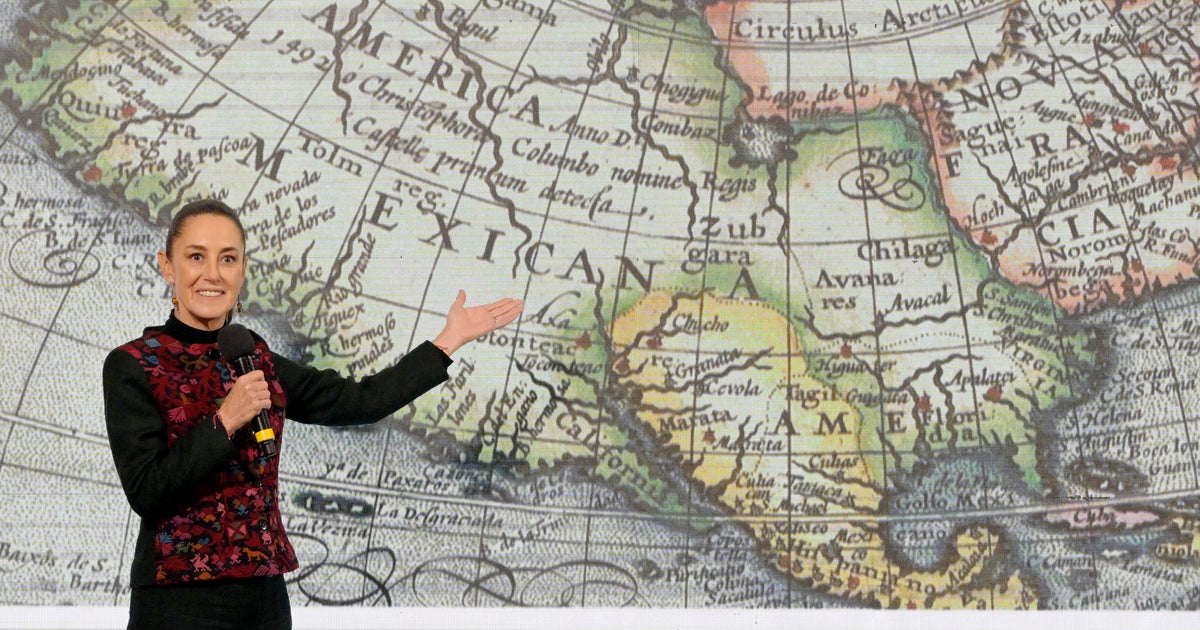World
Iranian president says he does not want war with Israel
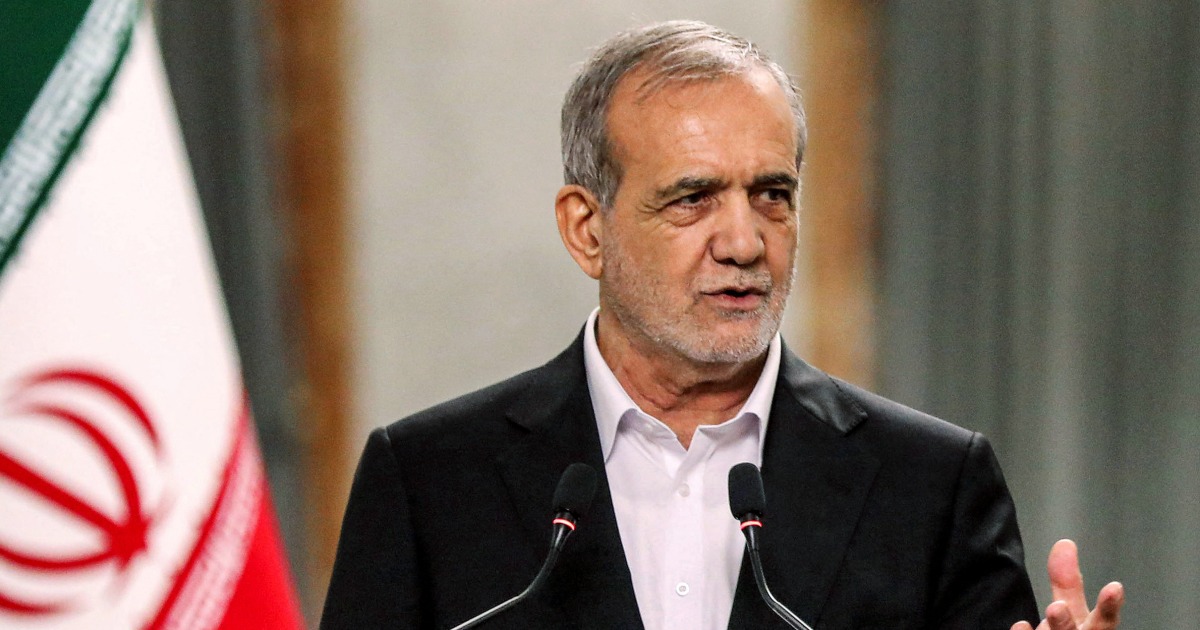
Iranian President Masoud Pezeshkian said on Monday that Iran does not seek a wider war in the Middle East and that such a conflict would have no winners.
“We don’t want war. … We want to live in peace,” Pezeshkian told reporters during a visit to New York for the U.N. General Assembly meeting.
“We don’t wish to be the cause of instability in the region.”
Pezeshkian called for dialogue to resolve the volatile situation in the Middle East and blamed Israel for stoking tensions and instigating conflict, citing assassinations in Tehran and elsewhere that he said Israel had carried out.
“We know more than anyone else that if a larger war were to erupt in the Middle East, it will not benefit anyone throughout the world. It is Israel that seeks to create this wider conflict,” he said.
Pezeshkian’s remarks come as U.S. officials fear the prospect of an all-out war between Israel and Hezbollah, the Lebanese militant group backed by Iran. Israeli airstrikes killed more than 180 people and wounded almost 730 on Monday, Lebanon’s Health Ministry said, a dramatic expansion of Israel’s aerial attack.
The Iranian president also slammed the United States and other Western countries for what he called double standards as they criticized Iran over human rights but ignored Israel’s “atrocities” in Gaza.
Asked about the possibility of negotiating a new agreement with the United States on its nuclear program, Pezeshkian said Iran is not interested in a new nuclear deal but to return to the 2015 nuclear accord that the United States pulled out of in 2018.
“Let’s go back to step one,” he said.
If all sides lived up to that agreement, then Tehran might consider new talks, the president said.
Pezeshkian, who was elected earlier this year and portrays himself as a relative moderate, also said Iran could not dictate to Houthis forces that are attacking shipping in the Red Sea. The Houthis, he said, were reacting to what he called the unjust plight of Palestinians in Gaza.
“How can we ask them to abstain?” he said. “They are trying to stop genocide.”
Pezeshkian, when asked about assessments from U.S. intelligence agencies that Iran was trying to promote campus protests in the U.S. against Israel, rejected the accusation and said it was “childish.”
People around the world are protesting because they are outraged at the situation in Gaza and do not need to be bribed to take to the streets, he added.
The United States and its allies say Iran has supplied Russia with armed drones and ballistic missiles for its war again Ukraine, but Pezeshkian denied Tehran was arming Russia with missiles.
He said Iran opposes “Russian aggression” against Ukraine and called for dialogue to resolve the conflict.
Earlier Monday, Iranian Foreign Minister Abbas Araghchi said that Tehran was “focused on initiating a new round of nuclear negotiations.”
“We are prepared, and if the other parties are also prepared, we can have another beginning of the talks during this trip,” he said in a video posted to Telegram, adding that he planned to stay in New York for an extended period.
Then-President Donald Trump withdrew the U.S. from the landmark Obama-era deal in 2018, complaining about Iran’s ballistic missile program and its deepening influence in the region. The move dismayed some American allies and prompted fury in Iran.
A State Department spokesman said in August that Washington would “judge Iran’s leadership by their actions, not their words,” according to The Associated Press.
“If Iran wants to demonstrate seriousness or a new approach, they should stop nuclear escalations and start meaningfully cooperating with the IAEA,” they said, referring to the International Atomic Energy Agency.
The IAEA has warned of Iran’s continued enrichment of uranium beyond the needs of commercial nuclear use. Meanwhile, Iran has also blocked U.N. inspectors from visiting some sites in its nuclear program.
The full extent of Iran’s nuclear capabilities remain unclear, though the country has maintained that its nuclear program is for civilian, not military, purposes.
Iran’s apparent shift in stance comes as Israel’s monthslong deadly offensive in Gaza nears the one-year mark following the Hamas-led Oct. 7 attacks.
It also comes as the U.S. prepares for a presidential election, now just weeks away.
In his comments, Araghchi said the “international situation” could make it “difficult to start the negotiations.”



